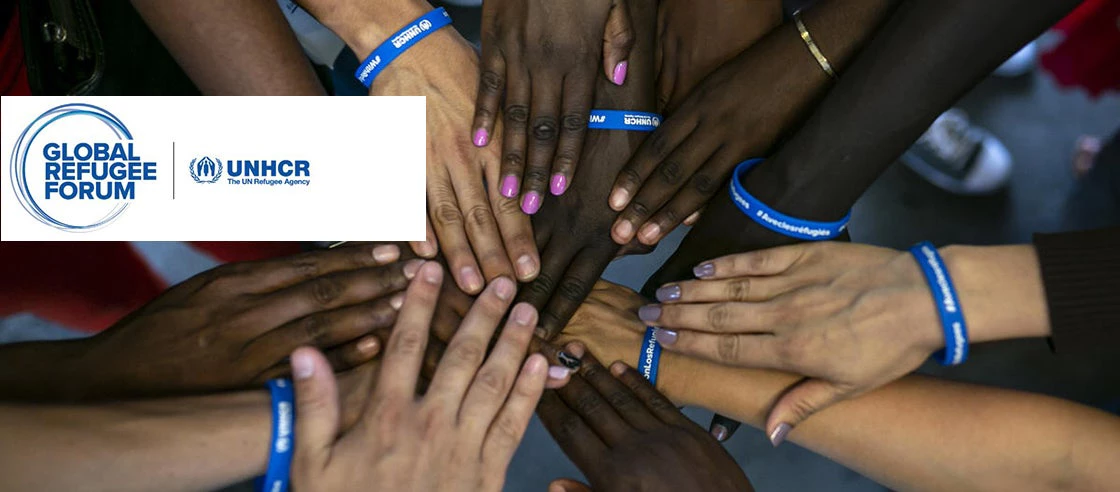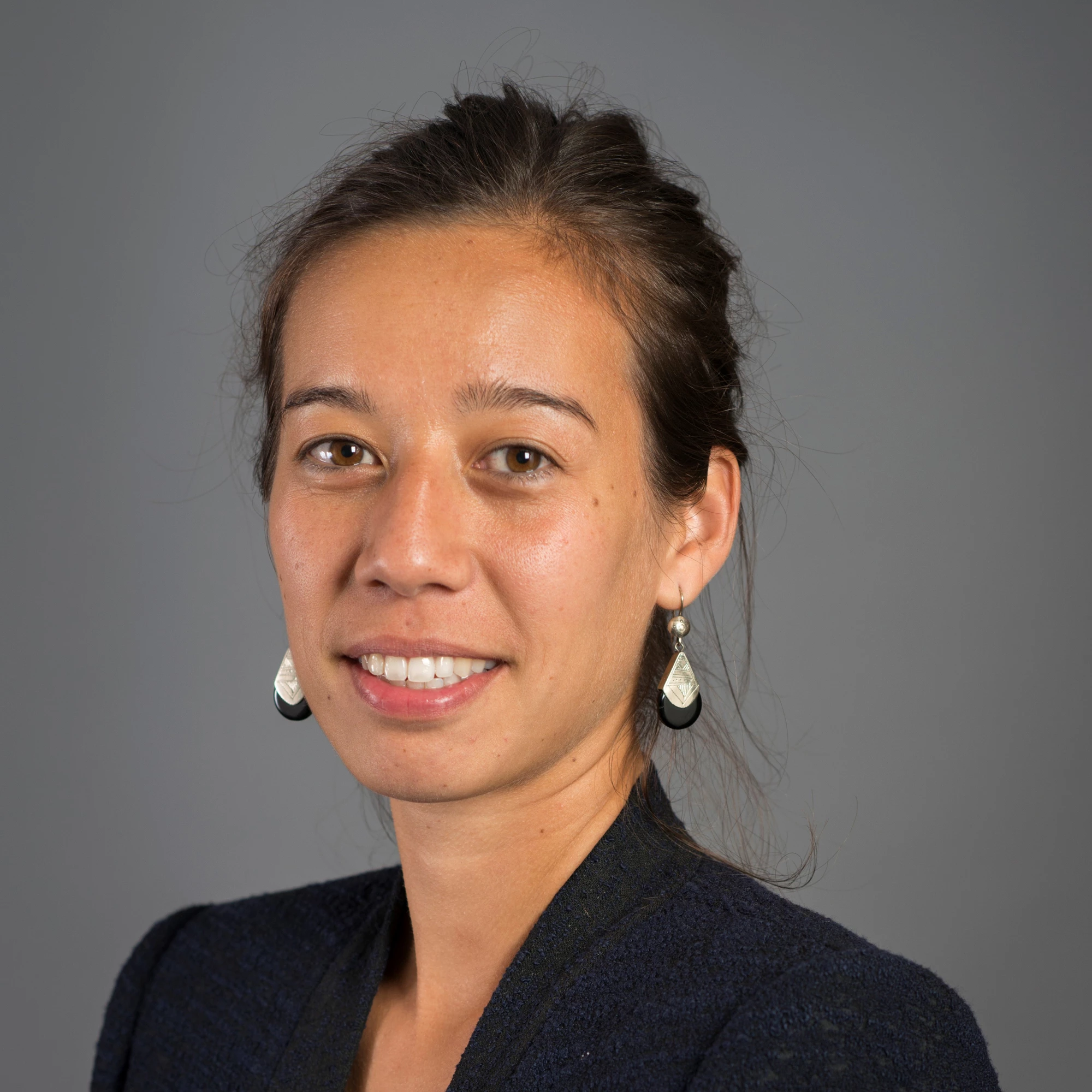 Hands coming together for the Global Refugee Forum
Hands coming together for the Global Refugee Forum
On 16-18 December 2019, governments, refugees, development actors, the private sector, UN entities, civil society organizations, academics, and faith leaders, among others, will converge in Geneva for the first Global Refugee Forum (GRF). The Forum intends to translate the principle of international responsibility-sharing, which lies at the heart of the Global Compact on Refugees (GCR), into concrete action.
Building on the momentum generated by the New York Declaration on Refugees and Migrants in 2016 and affirmation of the GCR by the UN General Assembly in 2018, a much-needed transformation in the ‘business as usual’ approach to refugee situations is underway . The GCR foresees arrangements to translate the principle of responsibility sharing into practical action. It serves as a guide to the international community on how to deliver comprehensive refugee responses more equitably and predictably, particularly in the poorest regions of the world where the vast majority of refugees are hosted.
The Global Refugee Forum, to be convened every four years, allows for pledging and contributions and will serve as a yardstick to measure progress and achievements towards the objectives of the GCR. In the last months of preparation for the first Forum in December, countries are leading ‘whole-of-government’ and’ whole-of-society’ consultations to tease out the kinds of contributions that can be made individually and jointly with partners. This in itself should be celebrated as a milestone to raise awareness, rekindle, deepen, and invigorate partnerships, and renew engagements for refugee hosting areas.
We are already seeing tangible results in refugee-hosting districts, led most notably by the commendable actions of host governments and the concerted efforts of partners to move away from the old model of assisting refugees in camps to including them, together with their host communities, in national systems and services, such as education and healthcare.
At the center of this shift lies UNHCR’s partnership with the World Bank Group and the recognition that forced displacement is not only a short-term humanitarian issue but also a development challenge in the longer-term. Data and analytical work as well as joint studies were instrumental in highlighting the positive contributions refugees can make to the local economic growth and poverty reduction of hosting communities when the right policies are in place.
Crucially, an innovative refugee financing model laid the foundations for supporting such transitions, particularly through linking them to development. Building on the comparative advantages of the Bank and the UN Refugee Agency, this alliance has managed to elevate the discussion from one focused purely on humanitarian care and maintenance to a broader agenda for development, poverty alleviation and public sector reform in areas hosting refugees.
The World Bank’s IDA18 Refugee Sub-window is ‘a game changer in contributing to a whole-of-government approach to refugee management’. For instance, in Ethiopia, the Economic Opportunities Program paved the way for a new progressive rights framework for refugees. In Uganda, financing through the Development Response to Displacement Impacts Project and the sub-window are contributing to the building the national service delivery in the areas of water, education and health for refugees and host communities alike. In addition, the IDA grant for the Intergovernmental Authority on Development (IGAD) has contributed to boosting the regional commitments and support for inclusive approaches to forced displacement in the Eastern Horn of Africa - building on IGAD’s convening powers and political astuteness.
The Forum is a unique opportunity. For refugees and hosting communities to have their voices heard. For hosting countries to showcase their efforts for and the donor community to follow through on easing social and economic pressures on hosting countries. For other actors such as the private sector to connect and contribute. Having said that, the Forum will only be the start of the transformation of current practices required to make its efforts meaningful and sustainable. The proof will be in what follows.


Join the Conversation